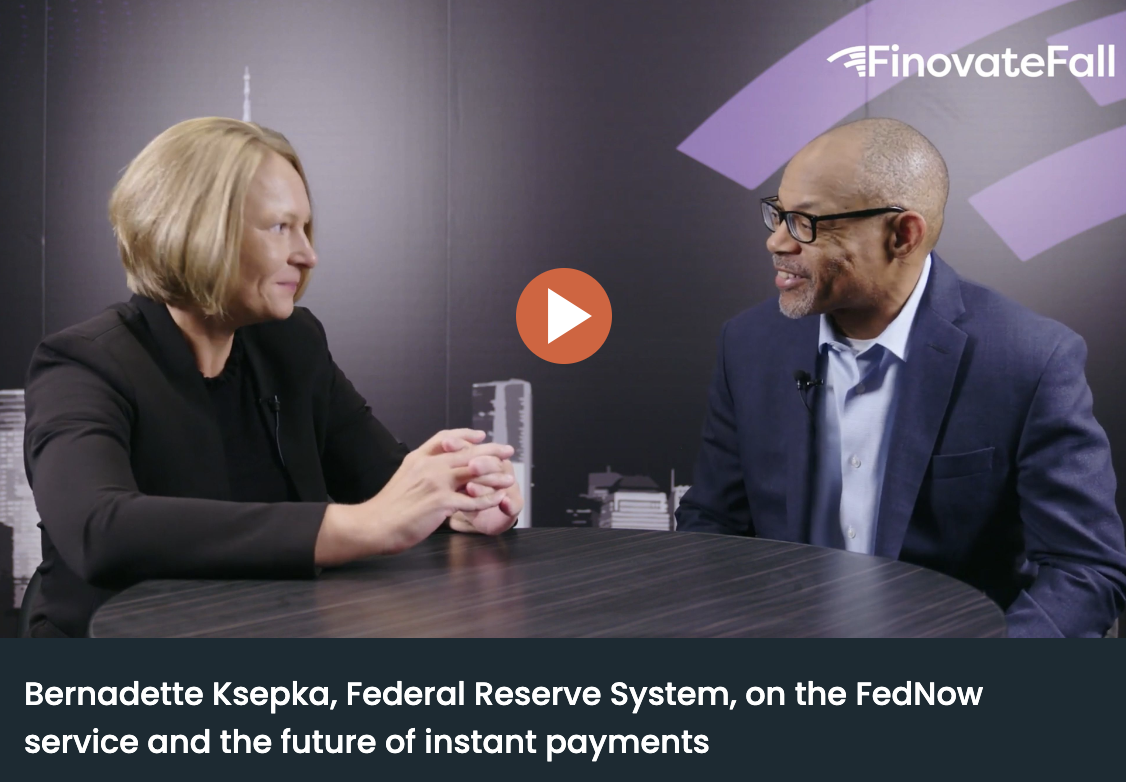
Standard Chartered has teamed up with Dubai International Financial Center (DIFC) to launch the fifth cohort of Women in Tech accelerator program. The program is designed to empower female entrepreneurs in the UAE’s technology sector, and encourage innovation, diversity, and economic development. Participants in the program receive training, workshops, mentorship, and access to seed capital. Applications to join the accelerator can be submitted up until the end of July. Ten startups will be chosen to participate. The program ends with a demo day in October, giving each of the startups the opportunity to present their business model to a panel of industry thought leaders and experts, as well as potential investors. The top three startups in the program will be awarded a total of $100,000 in non-equity seed capital.
“By joining forces with DIFC Innovation Hub, we are also taking significant strides toward building a more inclusive and thriving tech ecosystem that supports women-led startups and harnesses the diverse talents and perspectives of women, ultimately shaping a brighter future for all,” Standard Chartered UAE CEO Rola Abu Manneh said.
Eligible companies must have a gender-diverse team. This includes a minimum of one female co-founder. Companies must demonstrate an innovative and scalable solution, as well as the technology’s sustainable impact. The program is for UAE-based startups only.
CFI Financial Group has partnered with Finovate Best of Show winner Capitalise.ai to bring AI-enabled, automated trading to clients in the Middle East. Capitalise.ai leverages code-free automation to enable traders and investors to implement their trading strategies more accurately and reduce human error. Capitalise.ai’s platform enables traders to plan trades in advance as well as take advantage of preset trading strategies. The platform then automatically executes trading decisions based on parameters decided in advance by the trader. This helps ensure that the trades taken are both timely and accurate.
In addition to executing trades, the Capitalise.ai platform also monitors the market for potential trading opportunities based on pre-set parameters. The platform notifies users when specific market conditions line up with their trading strategies, alerting them to potential opportunities in the market.

“We are excited to introduce Capitalise.ai as a game-changer in the MENA trading landscape,” CFI Financial Group co-founder and MD Hisham Mansour said. “By offering this code-free AI trading technology, we are empowering our clients with the ability to automate their trading strategies effortlessly.”
Founded in 2014 and headquartered in Tel Aviv, Israel, Capitalise.ai demoed its trading automation technology at FinovateSpring 2017, winning Best of Show. In the years since then, Capitalise.ai has forged partnerships with crypto spot and regulated futures market ErisX, accounting software company Clear Books, U.S. spot FX trading platform Forex.com, and CFD/Forex broker AvaTrade. Capitalise.ai has raised $10 million in funding, and includes Poalim Equity and Binance among its investors. Amir Shiovich is co-founder and CEO.
Egyptian cashless payments app Flash secured $6 million in seed funding. The round was led by Addition, and featured participation from Flourish Ventures as well as other angel investors. The company will use the capital to accelerate product development, as well as customer and business acquisition in Egypt. Additionally, Flash has secured approval from the Central Bank of Egypt – in partnership with Banque Misr – to serve as a technical payment aggregator.
Flash gives consumers and businesses a cashless payment option via a scan-and-pay service. By adding their existing bank card or digital wallet to the Flash app, consumers can make purchases using their phones simply by scanning the QR code provided by the business. Flash enables businesses to accept payments from consumers directly without requiring point-of-sale (POS) systems or complex technical integrations.
Uber alumni Erik Gordon and Sherine Kabesh founded Flash in 2021. “Our mobile application removes transactional challenges for businesses looking for an easier solution than the POS,” Gordon said. “Our goal is to make payments easier, safer, and faster for everyone. We are also excited to be releasing new features to help consumers make better spending decisions.”
Here is our look at fintech innovation around the world.
Asia-Pacific
- Stag, a financial education-related startup based in Vietnam, raised $600,000 in seed funding from Viet Capital Ventures, NH Securities Vietnam, and Singapore-based Resolution Ventures.
- Hong Kong-based fintech Eddid Financial signed an agreement with Malaysian fintech MPAY establishing a joint venture to boost fintech expansion in Malaysia.
- South Korean fintech U Fintech Hub secured $4 million in funding in a round led by Forest Partners.
Sub-Saharan Africa
- Ten Southern African fintech startups received grant funding from the World Bank as part of the Fintech Challenge initiative of the Southern Africa Innovation Bridge Portal.
- African paytech Flutterwave launched a new payment solution, Tuition, to enable users to pay for educational fees using local currencies.
- Global Brands Magazine recognizes Access Bank Mozambique as “Best Banking Brand” based on customer service, satisfaction, and digital innovation.
Central and Eastern Europe
- Digital asset platform CoinSniper partnered with Lithuanian fraud management service provider iDenfy to enhance its KYC onboarding operations.
- Polish fintech Wallet Factory implemented its customer loyalty platform for Ukrainian energy supplier YASNO.
- Alexander Weber stepped down as Chief Growth Officer of German challenger bank N26 after nine years.
Middle East and Northern Africa
- Israel-based credit card company MAX announced a strategic alliance with Swiss-Israeli fintech Okoora.
- Egyptian digital savings platform Menthum secured pre-seed funding from Acasia Ventures, A15, and other angel investors.
- Emirates NBD introduced an upgraded version of its WhatsApp banking service.
Central and Southern Asia
- Payment solutions provider PayU launched a new fintech accelerator program, inFINity, for early stage Indian startups.
- Indian fintech Razorpay introduced a full-stack payment gateway in Malaysia courtesy of its acquisition of Malaysian fintech Curlec.
- RTSG.global inked pilot agreements with Tajikistan’s MDO Humo and Georgia’s Credo Bank for its cross-border settlement services.
Latin America and the Caribbean
- Marqeta announced an expansion to Brazil.
- International remittance company Viamericas Corporation launched new program with Guatemala-based financial organization Banco GyT to promote financial inclusion for people with severe disabilities.
- Brazilian fintech EBANX partnered with Nubank to help the company launch a new alternative payment service, NuPay.

















